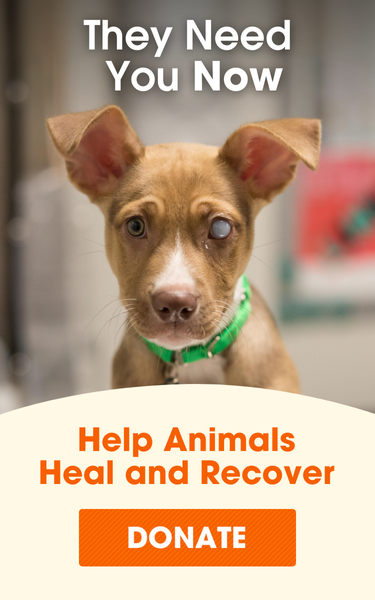
What Pet Dangers Are in Your Garage?

It’s not uncommon for pets to accompany their pet parents to the garage when getting ready for a car ride (paws crossed for the dog park and not the vet), sneaking to check out something cool or simply just passing through. Unfortunately, it is also not uncommon for our furry friends to get into hidden hazards in the garage that can cause serious harm. But don’t worry, you can help to keep your pets safe by reviewing the information below from our experts at the ASPCA Animal Poison Control Center (APCC) and making sure that your garage is ready for visit from a four-legged friend any time!
- Antifreeze: Antifreeze (or ‘engine coolant’) containing ethylene glycol can cause kidney failure or even death. Be sure that any antifreeze products are stored in sealed containers high up where pets cannot reach. If there are spills, be sure to clean them up thoroughly before allowing your pet back into the garage. If a car, motorcycle or RV is leaking coolant, make sure to have the problem fixed before letting your pet into the area.
- Ice Melts: Ice melts can cause chemical burns to the mouth and changes in electrolytes, which can be dangerous or even deadly for your pet. Be sure to only use ice melts that are labeled “pet friendly”. Keep in mind that even pet friendly ice melts can be an issue if enough is eaten, so be sure to store them securely away from areas that your pet can get into. If you spread it on areas where the pet will be walking, be sure to not let them eat or lick it and wipe down paws when they return into the house to help prevent irritation.
- Fertilizers: Fertilizers often contain ingredients that make them very tempting for pets to eat but can cause a very upset stomach and muscle pain and weakness. Fertilizers should be stored out of reach of pets and in a pet-proof container. When fertilizer is used in the yard or flower beds, pets should be kept away from those areas until it has become incorporated into the soil.
- Weed Killer (Herbicide): Weed killers often have a salty taste that makes pets want to give them a try, but concentrated weed killers can be very irritating to the mouth when ingested. All weed killers should be kept in their original container out of paw’s reach. When weed killers are used in the yard, they should be used per labeled directions and pets should be kept away from the area until dry or watered into the yard, depending on the formulation.
- Rat, Mouse and Mole Baits (Rodenticides): Rodenticides are toxic to pets as well. They can cause a variety of signs, but often can be deadly. Use extreme caution if you are placing these baits around pets and avoid their use when possible. If the baits are placed out, be sure that pets cannot get to them (don’t underestimate the power of noses to sniff out hidden locations). Keep in mind that mice and rats can often move baits into reach of pets.
- Slug and Snail Baits: Some slug and snail baits are very toxic to pets and can cause seizures and death. If you need to use these baits, look for the more pet friendly products that contain iron, rather than metaldehyde. Keep in mind that the iron in the pet friendly baits can cause poisoning if your pet gets into enough of it, so ensure that your pet can’t get into the package and that they are kept away from areas that the bait is placed out.
- Latex Paints: Paints can cause stomach upset if ingested. They can contain small amounts of antifreeze, but it is not usually enough to cause an issue unless a very large amount of paint is ingested. Paints manufactured before 1977 can contain lead, which can be harmful to pets, so keep pets out of areas where lead paint may be present, especially if they are prone to lick or chew it, or if home improvements are happening. Keep cans of paint sealed and restrict pet’s access to areas where painting is occurring until paint is dry.
If you suspect that your pet ingested something potentially toxic, please call your veterinarian or the ASPCA Animal Poison Control Center at (888) 426-4435 immediately.
